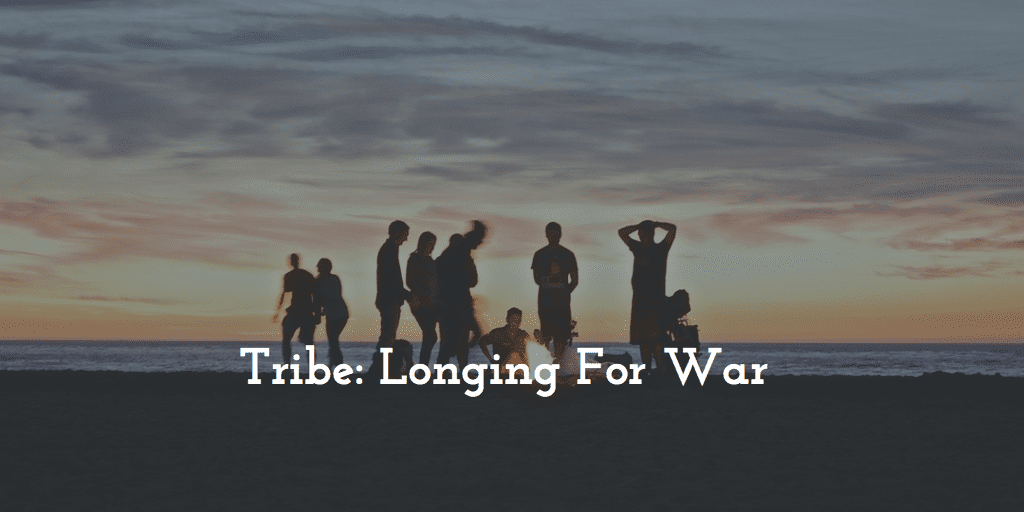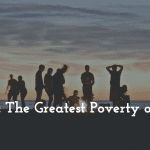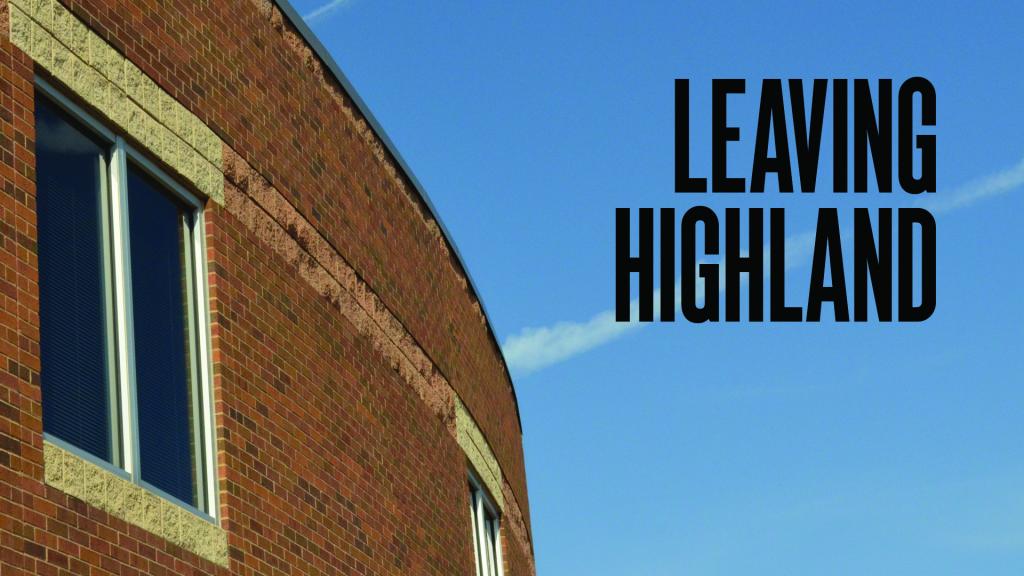 As the bombs were falling around the people of London, everyone was worried that it would trigger mass hysteria. It certainly seems like it would.
As the bombs were falling around the people of London, everyone was worried that it would trigger mass hysteria. It certainly seems like it would.
For 57 straight days, German planes dropped bombs in highly residential areas. Hundreds of people were killed and tens of thousands of people were displaced from their homes.
The projections by London officials was that the blitz of London would cause total chaos. Projections were for the psychiatric breakdown for as many as four million people…but the strangest thing happened.
Emergency services and psychiatric hospitals started seeing admissions go down, not up.
Even their long-term patients for serious mental illnesses like epilepsy began to report experiencing less symptoms.
London officials were concerned about how those who are displaced would manage to adjust to their new life in shelters and temporary housing. They were worried that society would break down because of the immense pressure leading to things like riots and looting.
Instead, once again, they found the opposite. Over ten thousand people came together without any previous ties and managed to create a community, they created their own laws for the shelters they lived in an policed themselves, and they were happy.
In the rubble of Bosnia, after the smoke cleared, some one painted graffiti on one of the walls that remained standing “It was better when it was bad.”
What a strange thing to say.
So this is a series interacting with Sebastian Junger’s great little book “Tribe.” I highly recommend it.
Junger has spent many years as a war-reporting journalist, which is not where I had assumed a book like this would come from. I don’t get the impression that Junger is pro-war, he’s seen the devastating and violent effects of war, but he’s also seen something else. And that something else is what this book is all about.
His well made point is that humans were made to live sacrificial lives for the sake of their community, and when we aren’t living that kind of life something goes wrong.
The amount of sheer data that Junger produces to make his point is staggering. Everything from rates of suicide and depression to mass shootings are connected to the fact that we are not connected. (Did you know that there has never been a rampage shooting in an urban ghetto?)
Junger isn’t trying to minimize the benefits of modern society, but he is trying to put them into perspective…or at least help us realize that all of these amenities that we have come at a greater cost than we are aware of.
Here’s Junger:
There’s no use arguing that modern society isn’t a kind of paradise. The vast majority of us don’t, personally, have to grow or kill our own food, build our own dwellings, or defend ourselves from wild animals and enemies. In one day we can travel a thousand miles by pushing our foot down on a gas pedal or around the world by booking a seat on an airplane. When we are in pain we have narcotics that dull it out of existence, and when we are depressed we have pills that change the chemistry of our brains. We understand an enormous amount about the universe, from subatomic particles to our own bodies to galaxy clusters, and we use that knowledge to make life even better and easier for ourselves. The poorest people in modern society enjoy a level of physical comfort that was unimaginable a thousand years ago, and the wealthiest people literally live the way gods were imagined to have. And yet. There are many costs to modern society, starting with its toll on the global ecosystem and working one’s way down to its toll on the human psyche, but the most dangerous loss may be to community. If the human race is under threat in some way that we don’t yet understand, it will probably be at a community level that we either solve the problem or fail to.
This is, in fact one of the main reason Junger says American soldiers come home from war and struggle so much with PTSD.
It’s not only because of the trauma of war, but because they miss the community that they had in the war. Then they come back home to the picket fences, and atomized culture where everyone is busy leading their own lives and enjoying their freedom.
But, and here’s the irony, when people talk about soldiers they often say we don’t realize the cost of our freedom, their telling the truth in more ways than they know.










